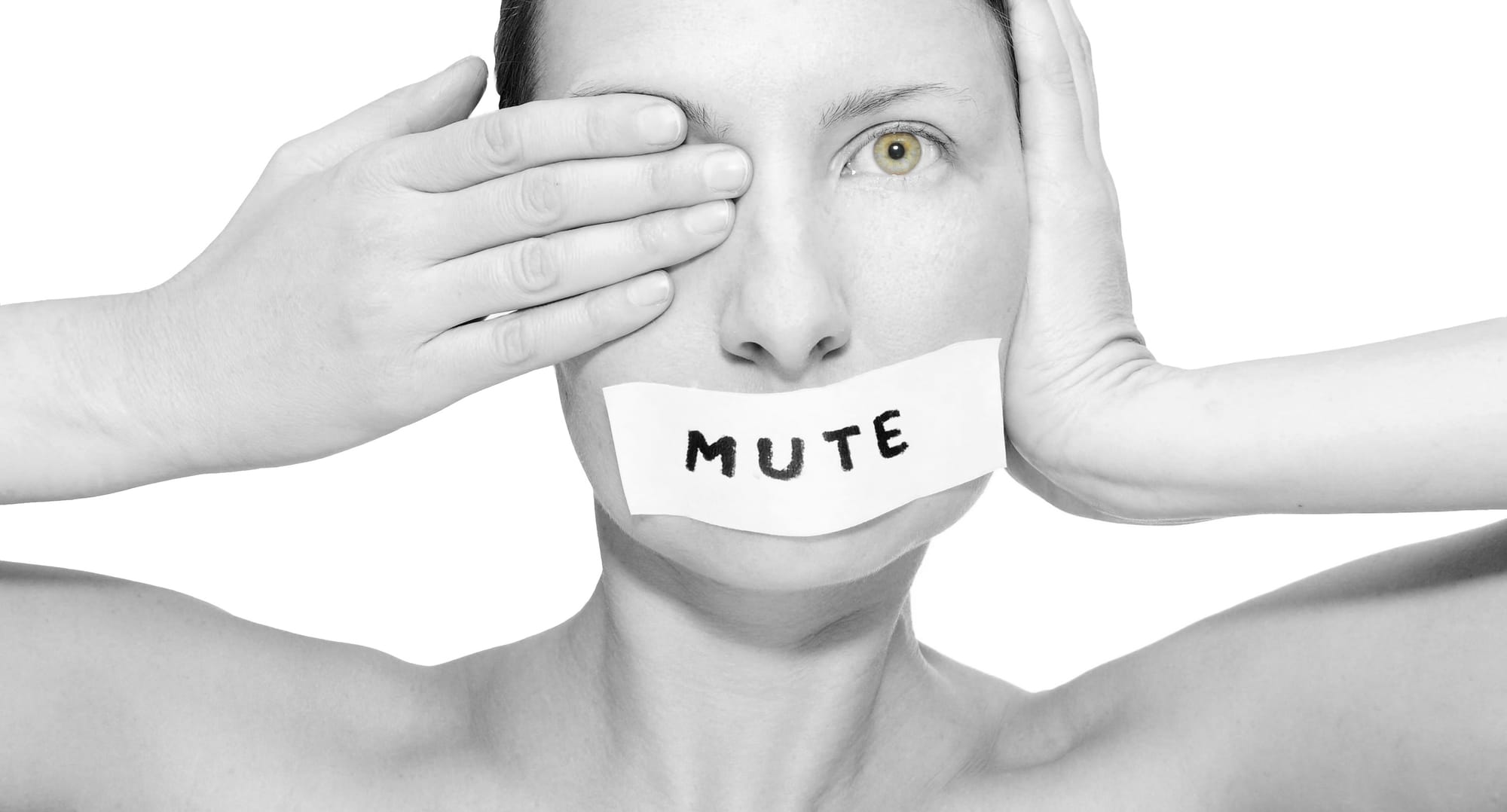The suppression of law and opinion

Labeling individuals with different opinions as terrorists can have significant implications for free speech:
Chilling Effect
When people fear being labeled as terrorists for expressing dissenting opinions, they may self-censor to avoid potential repercussions. This "chilling effect" can stifle open dialogue and discourage individuals from voicing their views, leading to a less vibrant and diverse public discourse.
Suppression of Dissent
Broad definitions of terrorism can be used to suppress dissent and marginalize minority viewpoints. If authorities or media equate dissent with terrorism, it can delegitimize legitimate political or social movements, undermining democratic principles and the right to protest.
Legal Consequences
Individuals labeled as terrorists may face severe legal consequences, including surveillance, detention, and prosecution. These measures can be disproportionate and infringe on civil liberties, making it difficult for people to exercise their right to free speech without fear of legal repercussions.
Impact on Civil Liberties
The balance between national security and civil liberties is delicate. Overzealous application of terrorism labels can erode civil liberties, including freedom of speech, assembly, and association. Ensuring that anti-terrorism measures do not infringe on these rights is crucial for maintaining a democratic society.
Public Perception
Public perception can be influenced by how dissenting opinions are portrayed. If dissent is consistently framed as a threat to national security, it can create a hostile environment for free speech, where individuals are less likely to engage in open and honest discussions.
Conclusion
The impact on free speech is profound, as the fear of being labeled a terrorist can lead to self-censorship, suppression of dissent, and erosion of civil liberties. It's essential to protect the right to free speech while addressing legitimate security concerns.
